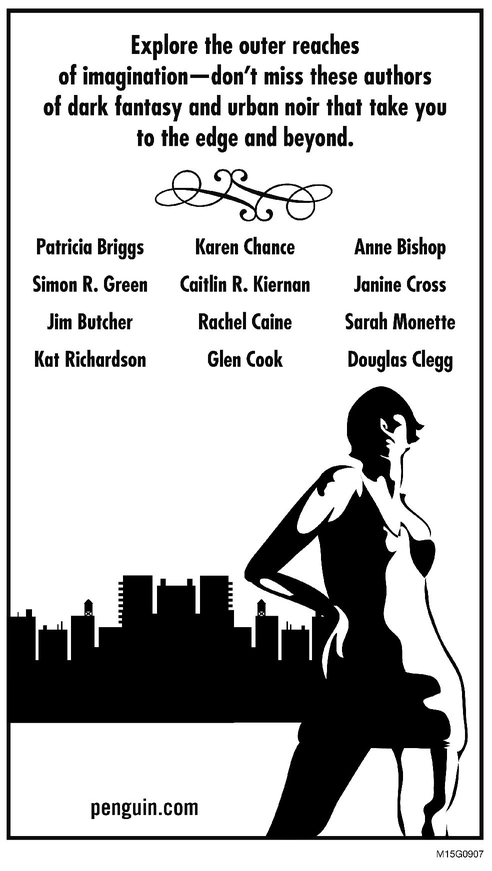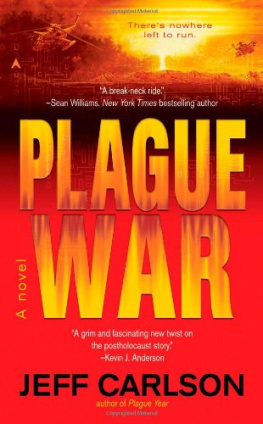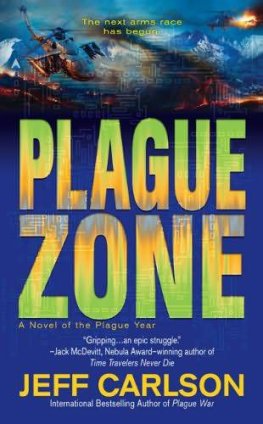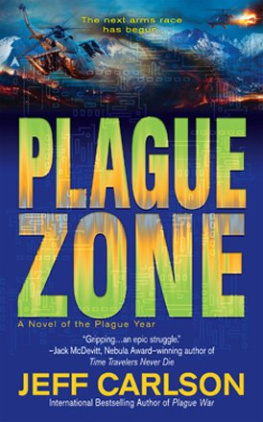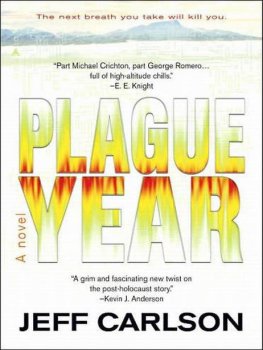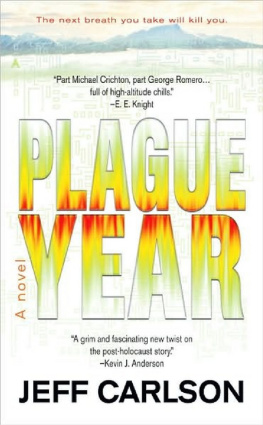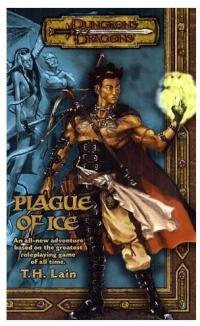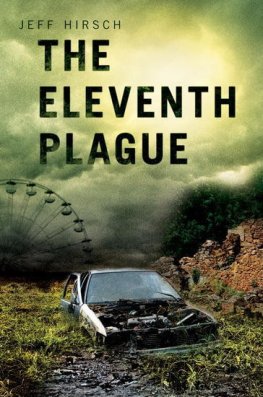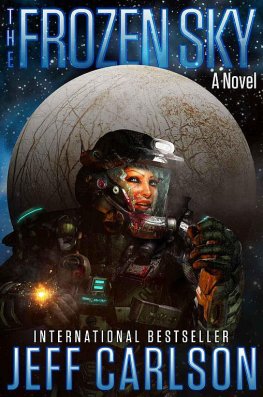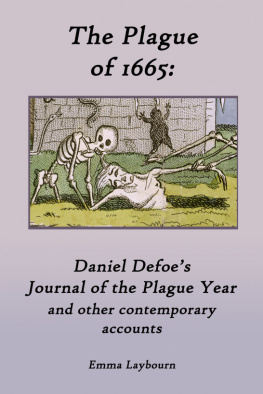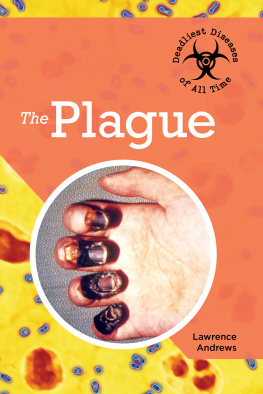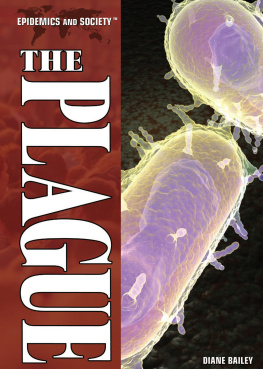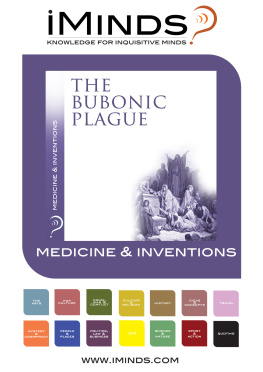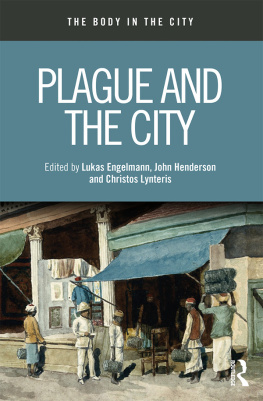Acknowledgments
More than anyone else, I want to thank my wife and sons for their remarkable patience and support.
Sweetheart, I really do love you more than my computer.
Id also like to express my gratitude to the experts who shared their education with me. Any mistakes are mine. Fortunately, no one really knows what would happen to the environment or to the geopolitical world if you removed all warm-blooded life below ten thousand feet. My thanks go to Mike May, Professor of Entomology at Rutgers University; Harry Greene, Department of Ecology and Evolutionary Biology at Cornell University; Major Brian Woolworth, U.S. Army Special Forces; Lt. Colonel J. Brian Bear Lihani, USAF (ret.); and to my father, Gus Carlson, Ph.D., engineer, and former division head at Lawrence Livermore National Laboratory. All of these people were instrumental in shaping Plague War.
A huge thanks also to the Ultimate Grandparents Club: Patti, Ute, Char, Bill, Byron, and my father, Gus, again. The extra days and hours you provided, whether babysitting, grocery shopping, or taking us away for a weekend of fun and rest, were crucial to finishing this book on time.
There are other people deserving of mentionour friends Adad Warda and Charlie and Violeta Escobar, for their help and support; Judith Murello and Eric Williams, who have done a sensational job with the covers for the series so far; Meghan Mahler, for her maps; and John Robert Marlow and Janet Lewis, for maintaining my web site at www.jverse.com. Come see what theyve done. The site offers free fiction, interviews, tour dates, and advance information on upcoming books.
As always, I want to acknowledge my agent, Donald Maass, and Cameron McClure and Stephen Barbara in the office. Thank you to everyone at Penguin USA. My editor, Anne Sowards, went the extra mile, and my publicist, Valerie Cortes, has been outstanding. I also appreciate the help of Ginjer Buchanan, Cam The Other Cam Dufty, and the rest of the good people behind this novel. They say a writer works alone, but the truth is that a small army put their smarts and energy into producing Plague War. I hope you enjoyed it.
Ruth kicked her way through another tangle of bones, stumbling when her boot caught in a fractured chunk of ribs and vertebrae. Interstate 80 was a graveyard. Thousands of cars packed every mile of the wide road, each one full of slumping ghosts each one pointing east.
Always east, toward the mountains.
Ruth hiked in the same direction, huffing for air against her face mask. Her movements were less like walking than dancing. She lunged and sidestepped through the wreckage, because many people had also continued on foot as far as they were able. Everywhere their skeletons huddled among endless garbage. Some still held boxes or bags or rags or jewelry. Most had gathered in clumps wherever the standstill traffic pinched too closely together, blocking the way.
Each step was made more difficult by her broken left arm. The cast affected her balance. Worse, she never wanted to look down. The skulls were a silent crowd. Ruth tried to avoid their gaping eyes, so she blinked constantly and glanced sideways and up as she walked, letting her gaze move like a pinball. In three days, that dizzy feeling had become normal. Ruth barely remembered anything else. It helped that she always had Cam in front of her and Newcombe behind, walking single file through the ruins. The steady clumping sound of the mens bootsteps were markers for her to follow.
Then they came to a clot of vehicles that had burned and exploded, throwing doors and bodies into the confusion. The spaces in between the cars were thick with splintered bones, steel, and glass.
Cam stopped. We need to try something else, he said, turning his head from the raised Interstate toward the neat, sprawling grid of the city below. All three of them were wrapped in goggles and face masks, so Ruth couldnt tell exactly where he was looking, but the streets were even worse in the downtown areas. The neat lines of the city were deceptive, full of traps and dead ends. The carnage was unimaginable. The human debris filled hundreds of square miles just here in the greater San Francisco Bay Area, mixed with dogs and birds and every other warm-blooded species.
This way, Newcombe said, pointing past the blackened cars to the downward slope of the shoulder.
Ruth shook her head. Wed be better off pushing through. Several drivers had tried to escape by ramming the guardrail, only to overturn on the hill below. She didnt want to start an avalanche of cars.
Shes right, Cam said. Well just take it slow.
Then let me and him go first, Newcombe said to Ruth, stepping past her.
Mark Newcombe was twenty-two, the youngest of them, younger than Ruth by more than a decade, and he had trained as an Army Special Forces soldier for two years before the machine plague. The end of the world had only continued to harden him. His assault rifle, pack, and gun belt weighed fifty poundsand barely slowed him at all.
Cams stride was more uneven. He was hurt, like Ruth, which she thought made him a better leader. Cam wasnt so sure. He worried about things, and Ruth liked him for it. He was more willing to admit he was wrong, which was why they were still on the Interstate. The road was bad, but at least it went through. Their small trio had tried to hike cross-country more than once, wherever the residential areas or commercial buildings eased back from the highway, but theyd encountered too many fences and creeks and brittle gray thickets crowded with beetles and deadfalls. Even the burned traffic was better.
Newcombe cut his elbow and both knees before they were through. Lets keep moving, he said, but as soon as they cleared the burn, Cam made him stop and immediately flushed the wounds with a canteen, trying to outrace the plague. Then he bandaged the cuts, wrapping Newcombes pantlegs with gauze.
Cam stood up before he was done. Wait, he said, tilting his head to listen to the sky.
It was a clear blue May afternoon, sunny and calm. Goose bumps prickled up the back of Ruths neck. I dont hear anything, she thought, but the cool, vulnerable shiver in her spine made her turn to stare behind them. She glanced through the dead cars, seeking any threat. Nothing.
Cam shoved at her. Move! Move!
They ran beneath the twisted metal bulk of a truck rig. Cam and Newcombe had their guns drawn but Ruth needed her good arm to crawl under the wreckage, suddenly half-blind out of the sun. Her glove crunched in a litter of glass and plastic.
What she said, but then she felt it, too, a low, menacing drumbeat. Helicopters. Again. In the vast ruins of what had been Sacramento, California, there were no longer any sounds except the wind and the rivers and sometimes the bugs. It was a small advantage. So far theyd always heard the choppers while they were still tens of miles away.
Closer this time, and coming fast.
There was a culvert about a quarter-mile behind us, Ruth said, her mind jumping. Twice before theyd gone underground because the enemy had infrared.
Newcombe grunted, huh. I saw it. Too far.
Oh. Cam lifted one glove to the inhuman shape of his goggles and hood. Ants, he said.
Ruth turned to see but cracked her head in the tight space. The crumpled bulk of the trailer read SAFEWAY in letters as long as her body and she said, quietly, Its a grocery truck.

